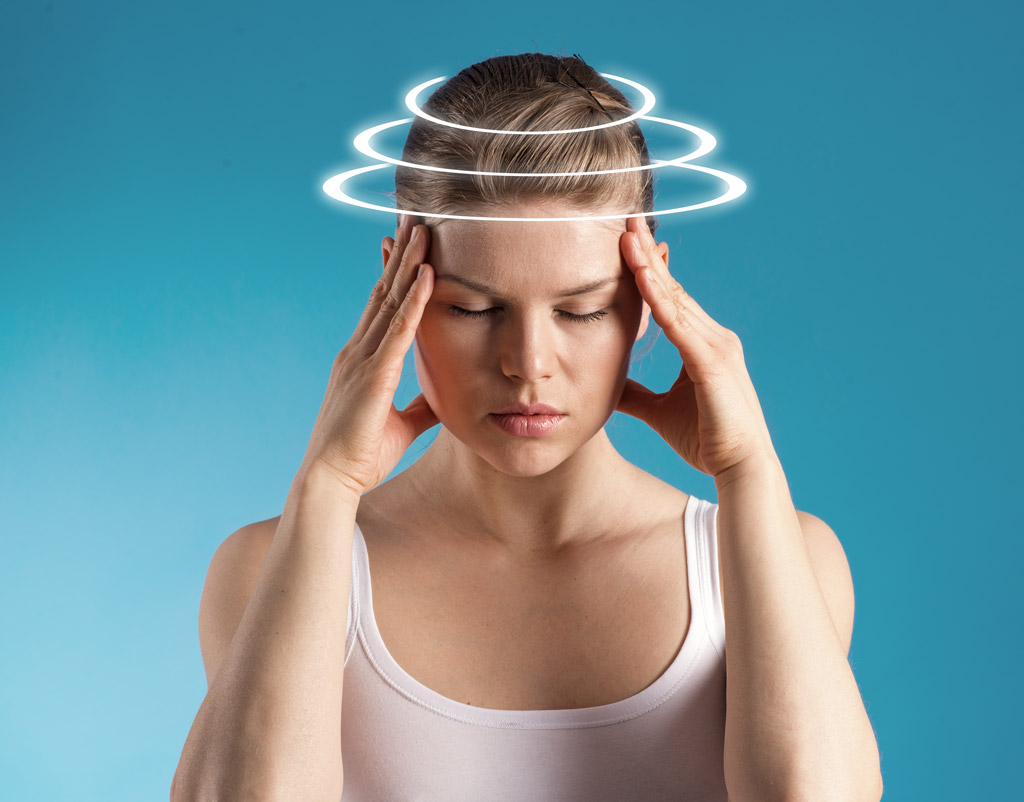10 Life-Changing Tips for Migraine Sufferers – Relief Is Closer Than You Think!
Migraines are more than just headaches; they are a complex neurological condition that can significantly impact the quality of life of those affected. Symptoms can include severe throbbing pain typically on one side of the head nausea and sensitivity to light and sound. While migraines can be challenging to manage there are effective strategies that can offer relief and reduce the frequency of attacks. Here are 10 life-changing tips for migraine sufferers that can bring relief closer than you think.
1. Identify and Avoid Triggers
Understanding and avoiding your personal migraine triggers is a critical step in managing your condition. Common triggers include stress certain foods and beverages (like aged cheeses chocolate and red wine) changes in weather and sensory stimuli. Keep a headache diary to track your migraines and their potential triggers.
2. Establish a Regular Sleep Schedule
Inconsistent sleep patterns can provoke migraines. Strive for a consistent sleeping schedule even on weekends. If you're suffering from migraines caused by a lack of sleep creating a bedtime routine that promotes relaxation and ensures 7-9 hours of quality sleep can make a significant difference.
3. Stay Hydrated
Dehydration is a well-known migraine trigger. Aim to drink at least 8 glasses of water daily. Keeping your body hydrated can help prevent the onset of migraines and is a simple yet effective strategy.
4. Incorporate Magnesium-Rich Foods
Magnesium deficiency has been linked to migraines. Incorporating magnesium-rich foods into your diet such as leafy greens nuts seeds and whole grains can help reduce the frequency and severity of migraines.
5. Practice Stress-Relief Techniques
Since stress is a common trigger for migraines finding effective ways to manage stress can be beneficial. Techniques such as yoga meditation and deep-breathing exercises can help reduce stress levels and potentially decrease the occurrence of migraines.
6. Exercise Regularly
Regular physical activity can reduce the frequency and severity of migraines by relieving tension and stress. However choosing exercises that do not exacerbate your condition is important. Low-impact exercises like walking swimming or biking can be particularly beneficial.
7. Limit Caffeine and Alcohol Intake
While small amounts of caffeine can alleviate migraine pain for some excessive consumption can lead to withdrawal headaches and increased migraine frequency. Similarly alcohol especially red wine can trigger migraines in many individuals. Moderation is key.
8. Consider Acupuncture
Acupuncture is an effective treatment for migraine prevention. This traditional Chinese medicine technique involves the insertion of thin needles into specific points on the body and can help reduce migraine frequency.
9. Try Biofeedback Therapy
Biofeedback therapy is a technique that teaches you to control certain body functions such as your pulse muscle tension and temperature to reduce migraine pain and frequency. It can be an effective way to manage migraines especially for those looking for a non-drug approach.
10. Maintain a Healthy Diet
A well-balanced diet can help prevent migraines. Foods rich in omega-3 fatty acids such as salmon and flaxseeds and those high in riboflavin (vitamin B2) like milk cheese and leafy vegetables may be particularly helpful in reducing migraine frequency.

What Are The Best Migraine Sufferers' Options To Reduce Pain?
For those grappling with the debilitating effects of migraines finding effective ways to manage and reduce pain is paramount. Migraines are not just simple headaches but intense episodes of pain that can be accompanied by nausea vomiting and extreme sensitivity to light and sound. Fortunately several strategies and treatments can offer relief. Here’s an expanded look at the best options for migraine sufferers to reduce pain:
Over-the-counter (OTC) Medications
- NSAIDs: Nonsteroidal anti-inflammatory drugs such as ibuprofen (Advil Motrin) and naproxen (Aleve) can help relieve mild to moderate migraine pain for many individuals.
- Acetaminophen: Another option for pain relief acetaminophen (Tylenol) can be effective especially for those who cannot take NSAIDs.
- Combination Medications: Some OTC medications combine caffeine aspirin and acetaminophen which can be particularly effective for migraine relief in certain individuals.
Prescription Medications
- Triptans: Considered the gold standard for migraine treatment triptans (such as sumatriptan and rizatriptan) are effective in relieving the pain nausea and light sensitivity associated with migraines.
- Ergots: Ergotamine and caffeine combination drugs are less commonly used but can be effective for those whose migraines last more than 48 hours.
- Anti-Nausea Medications: Because nausea and vomiting accompany migraines prescription anti-nausea drugs can also help relieve pain.
- Preventive Medications: For those experiencing frequent migraines doctors may prescribe medications intended to reduce the frequency and severity of the episodes. These can include cardiovascular drugs antiepileptic drugs antidepressants CGRP antagonists and even Botox injections.
Non-Medication Therapies
- Acupuncture: This traditional Chinese medicine technique has shown promise in reducing migraine frequency and intensity for some individuals.
- Biofeedback: A technique that teaches control over certain physiological processes that can influence migraine pain.
- Physical Therapy: For some migraines may be linked to muscular tension or postural issues; physical therapy can help address these underlying causes.
- Cognitive Behavioral Therapy (CBT): CBT can be effective in managing the stress that may trigger migraines.
Lifestyle Modifications and Home Remedies
- Regular Exercise: Regular moderate exercise can reduce stress and the overall frequency of migraines.
- Stress Management: Techniques like meditation yoga and deep-breathing exercises can help manage stress levels.
- Dietary Adjustments: Identifying and avoiding foods that trigger migraines can make a significant difference. Keeping a food diary can help identify these triggers.
- Adequate Hydration: Ensuring proper hydration can prevent migraines triggered by dehydration.
- Consistent Sleep Schedule: Maintaining a regular sleep pattern helps prevent migraines related to sleep disturbances.
Complementary Approaches
- Essential Oils: Peppermint and lavender essential oils when applied to the temples or inhaled can temporarily relieve migraine symptoms.
- Herbal Supplements: Feverfew and butterbur are two herbs that some studies suggest may reduce migraine frequency when taken regularly. However it’s important to consult with a healthcare provider before starting any herbal supplement as they can interact with medications and may not be safe for everyone.
What to Consider When Choosing a Treatment?
- Choosing the right migraine treatment involves considering the frequency severity and specific symptoms of your migraines as well as any underlying health conditions. Because everyone's experience with migraines is unique what works for one person may not work for another. It's often a process of trial and error to find the most practical combination of treatments and lifestyle adjustments.
- Consulting with a healthcare provider is crucial to developing a personalized treatment plan that considers all aspects of your health. They can also guide new and emerging treatments such as monoclonal antibody therapies designed to prevent migraines by targeting specific pathways involved in migraine attacks.
- With the right approach many people with migraines can achieve significant relief and improve their quality of life. It’s essential to stay informed about your options and work closely with your healthcare team to navigate the complexities of migraine management effectively.
Conclusion
While migraines can be debilitating adopting specific lifestyle changes and strategies can significantly reduce their impact on your life. By identifying and avoiding triggers maintaining a healthy lifestyle and exploring various treatment options you can find relief and regain control over your migraines. Remember what works for one person may not work for another so it may take time to find the right combination of strategies that work for you. Consulting with a healthcare professional can provide personalized advice and support as you navigate your journey toward managing your migraines. With the right approach relief is indeed closer than you think.






